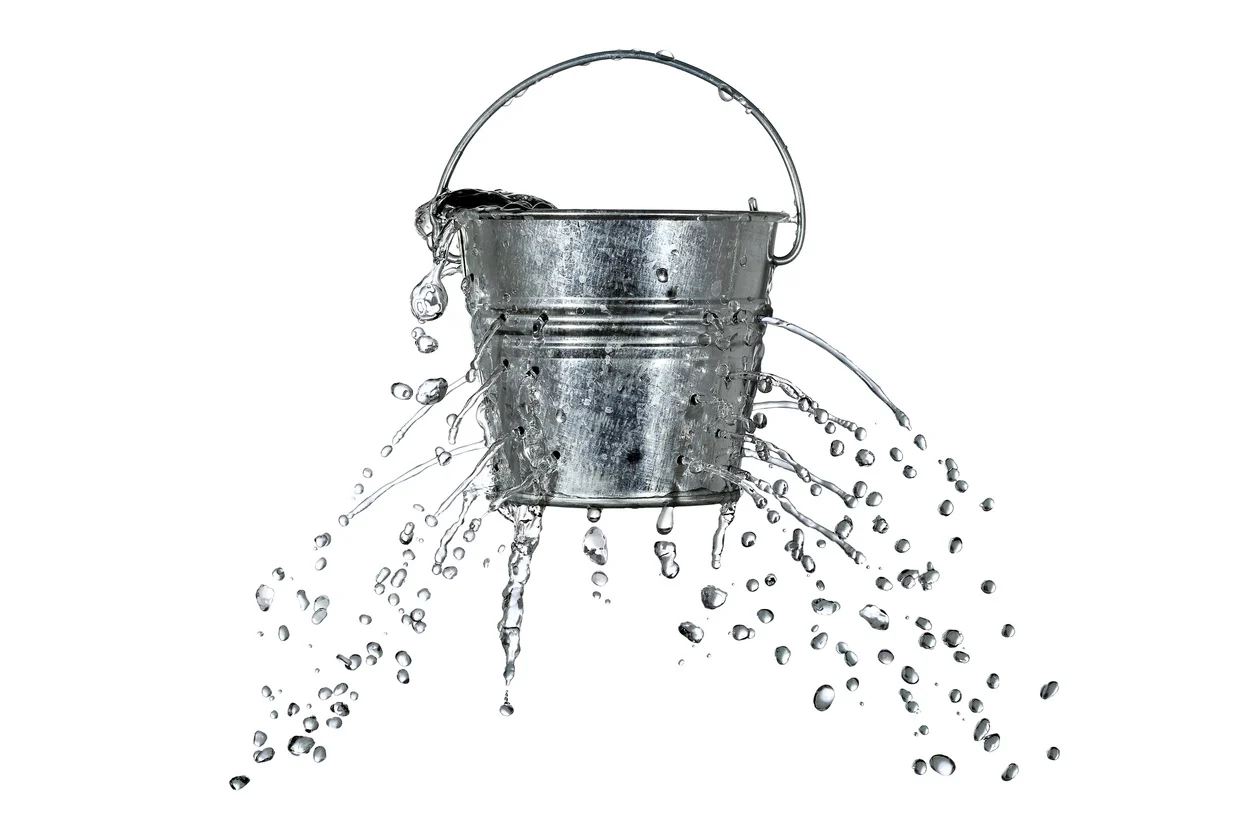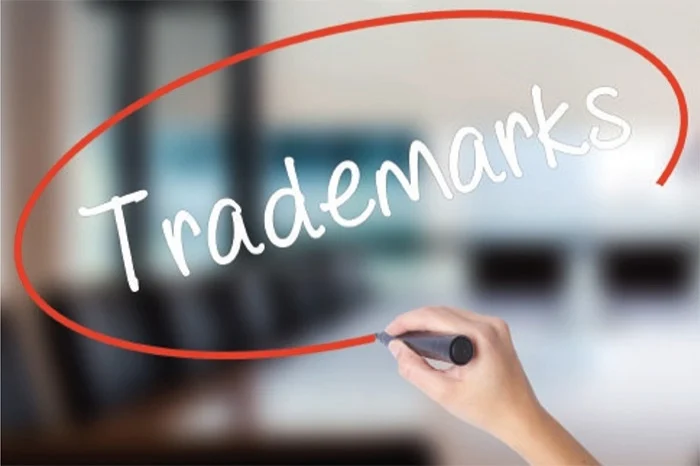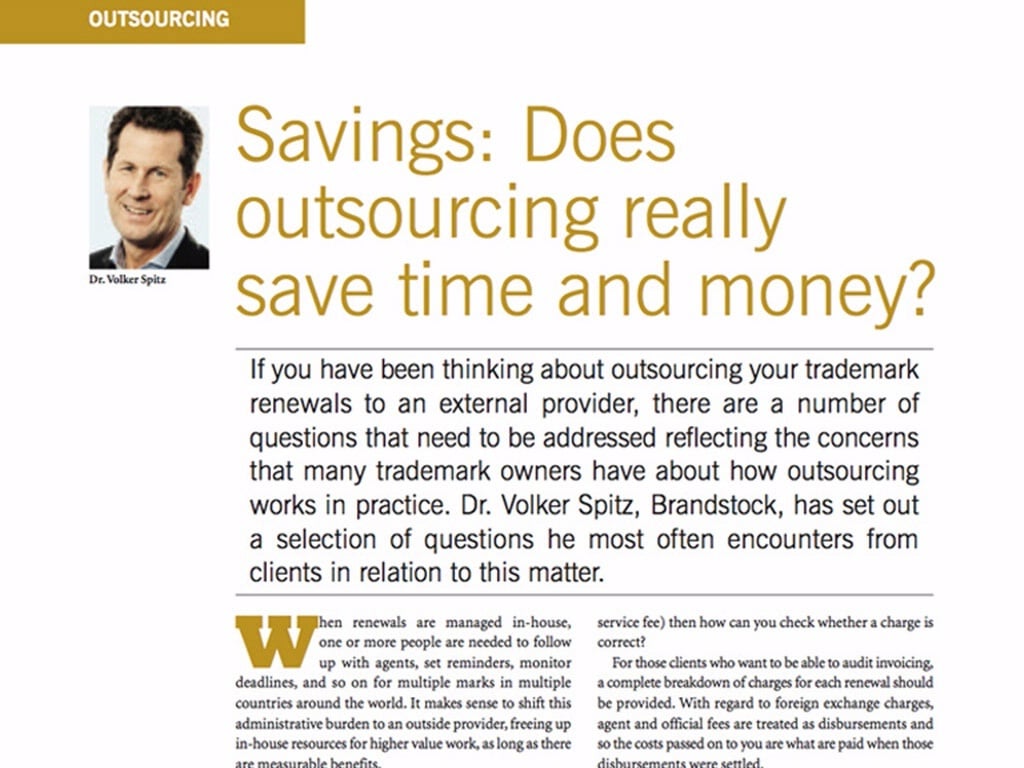Why renewing a trademark that you’re not using?
Is the renewal date for your trademark approaching? You may be trying to decide whether to renew or to simply let the renewal date pass and abandon your trademark.
Key in this decision is whether the mark has been put to good use and been fruitful for your business, and if not, whether it is worth renewing a mark that you are not using.
Did you forget to renew your brand on time?
Download our FREE E-BOOK to find the solution
Are you able to renew?
Firstly, what is meant by ‘non-use’ must be explored, as a certain amount of non-use will mean that you are unable to renew your mark. Under EU regulations, if a mark has not been put to genuine use in the past five years then protection will be revoked – owners have no option to renew, the mark is simply lost. Although the exact parameters of this requirement are unclear, genuine use is a question of both quality and quantity.
For example, an EU trademark which is used solely in one member state, but insufficiently elsewhere in the EU has been held to not be put to genuine use, and therefore liable for revocation.
When struggling with the quandary of whether to renew a trademark that you are not using it is prudent to first ascertain whether such a renewal is possible, or whether the extent of the non-use leaves the mark liable for revocation.
Is trademark renewal worth it?
If you have met the requirements for genuine use so as to avoid revocation, the question of whether to renew your trademark remains.
If you don’t intend to use the trademark at all then renewing is not worth it. A mark which will not be used and either forgotten or revoked is not worth the hassle and costs of undergoing renewal.
Otherwise, when determining whether to renew, you must balance the costs of doing so against the potential gains of exploiting the continued protection of your trademark. Renewing a trademark can cost up to €1000 in official fees alone, thus it is important that this cost is carefully considered against any profits that the mark may bring in.
If the trademark would be unlikely to cover the cost of its renewal over the next decade because of under-use, then it seems impractical to renew it. Trademarks should be a source of profit for your business, so if an underused mark would cause financial losses if renewed then abandonment should be considered.
However, if there is any chance of the trademark making back at least the €1000 renewal fee over the 10-years term then renewal may prove beneficial.
Finally, a consideration when choosing whether to renew an underused trademark is the effort involved in doing such. Although the documentation required for a renewal is only one form, this can embody an arduous process for some, who may consider that an unused mark is not worth renewing because of the work it requires.
Is renewing an unused trademark fair?
Aside from financial reasons for potentially not renewing a trademark, owners should also consider the fairness of restricting public use of the mark if your business is not using it. Registered trademarks are unable to be used by third parties without the owner’s consent, therefore renewing your mark will mean that its use by third parties is prohibited. This restriction on use may be unfair if you do not make use of the mark.
However, it is for this exact reason that some may wish to renew their mark – prohibiting competitors and the public from using your intellectual creation may be the key motivation for registering it, regardless of the profits it may or may not create for business.
If you are looking to renew your mark for this reason you must remain on the right side of the genuine use requirement. Merely renewing to prevent others from using it or in case it may be of use one day in the future is not permitted – it must still be put to genuine use.
Therefore, it is advised that, when considering renewing a trademark that you do not use, you should weigh the costs against the benefits of doing so, both financial and otherwise. A consideration of these factors may mean that you decide that it is not worth renewing your underused trademark, or that given the marginal costs it is worth renewing in the hope that over the next decade the trademark redeems the money spent on renewal fees.
As always, if unsure about what to do with your trademark you should consult an intellectual property professional, as their advice will be tailored to your specific circumstances and requirements.























